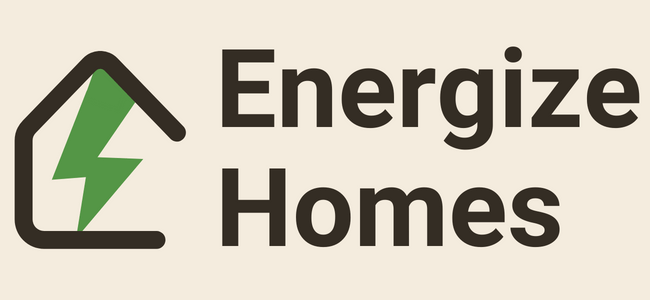Safety Features Homeowners Should Look for in a Heat Pump
When it comes to reducing energy consumption and maintaining a comfortable living environment, heat pumps are often touted as a viable solution. As both a heating and cooling system, they are extremely efficient, often reducing electricity usage by up to 50% when compared to furnaces and air conditioners. However, safety cannot be compromised for efficiency. So, what safety features should homeowners look for when investing in a heat pump?
Overload Protection
Thermal Overload Protectors: These are built into the compressor and are designed to prevent overheating. Should the compressor reach unsafe temperature levels, the thermal overload protector will shut it down, preventing potential damage or fire risk.
| Type of Overload Protection | Purpose |
|---|---|
| Thermal Overload Protectors | Prevent compressor overheating |
| Circuit Breakers | Interrupt electrical flow during anomalies |
Circuit Breakers: Integrated circuit breakers in the heat pump’s electrical panel will interrupt the electrical flow in the event of an overload or short circuit. This reduces the risk of electrical fires significantly.
Refrigerant Leak Detection
Low-Pressure Switches: Installed within the refrigerant circuit, these switches automatically turn off the unit if refrigerant pressure drops below safe levels, preventing the system from operating without adequate refrigerant.
| Leak Detection Feature | Purpose |
|---|---|
| Low-Pressure Switches | Detects low refrigerant levels |
| Halogen Leak Detectors | Pinpoints leak locations |
Halogen Leak Detectors: These can be a supplemental tool, capable of identifying the exact location of a refrigerant leak. This isn’t a built-in feature but is used by HVAC technicians during maintenance.
Anti-Frost Protection
Defrost Control: Essential in colder climates, the defrost control cycles the heat pump into a brief cooling mode to melt off accumulated frost from the outdoor coil. This ensures that the heat exchange process is not inhibited by ice build-up.
| Frost Protection Feature | Purpose |
|---|---|
| Defrost Control | Melts frost from the outdoor coil |
| Freeze Protection Thermostats | Detect low-temperature conditions |
Freeze Protection Thermostats: These are installed to detect when the temperature is dropping to a point that could cause the pipes to freeze. They automatically shut off the unit to prevent this from occurring.
Combustion Safety (For Dual-Fuel Systems)
Carbon Monoxide Detectors: If your heat pump is part of a dual-fuel system with a gas furnace, carbon monoxide detectors are indispensable. These devices will alert you if unsafe levels of this colorless, odorless gas are detected.
| Combustion Safety Feature | Purpose |
|---|---|
| Carbon Monoxide Detectors | Detect CO gas leaks |
| Flame Rollout Switches | Detect abnormal flame patterns |
Flame Rollout Switches: In dual-fuel systems, these are designed to detect flames that aren’t confined to the combustion chamber. If detected, the system will be immediately shut down.
Sound-Dampening Features
Compressor Blankets: These are not directly related to safety but add an extra layer of peace of mind. They reduce the operational noise, ensuring that sudden loud noises don’t pose a safety concern, especially for families with children or pets.
| Sound-Dampening Feature | Purpose |
|---|---|
| Compressor Blankets | Reduce operational noise |
| Isolated Compressor Mounts | Minimize vibration and noise |
Isolated Compressor Mounts: These are designed to minimize vibration and operational noise, making the heat pump safer and more pleasant to live with.
Heat pumps are a marvel of modern HVAC technology, offering both energy efficiency and versatility. However, they are complex systems that require proper safety features to operate effectively and safely. When choosing a heat pump, consider these safety attributes to make an informed decision that safeguards your home and your peace of mind.
